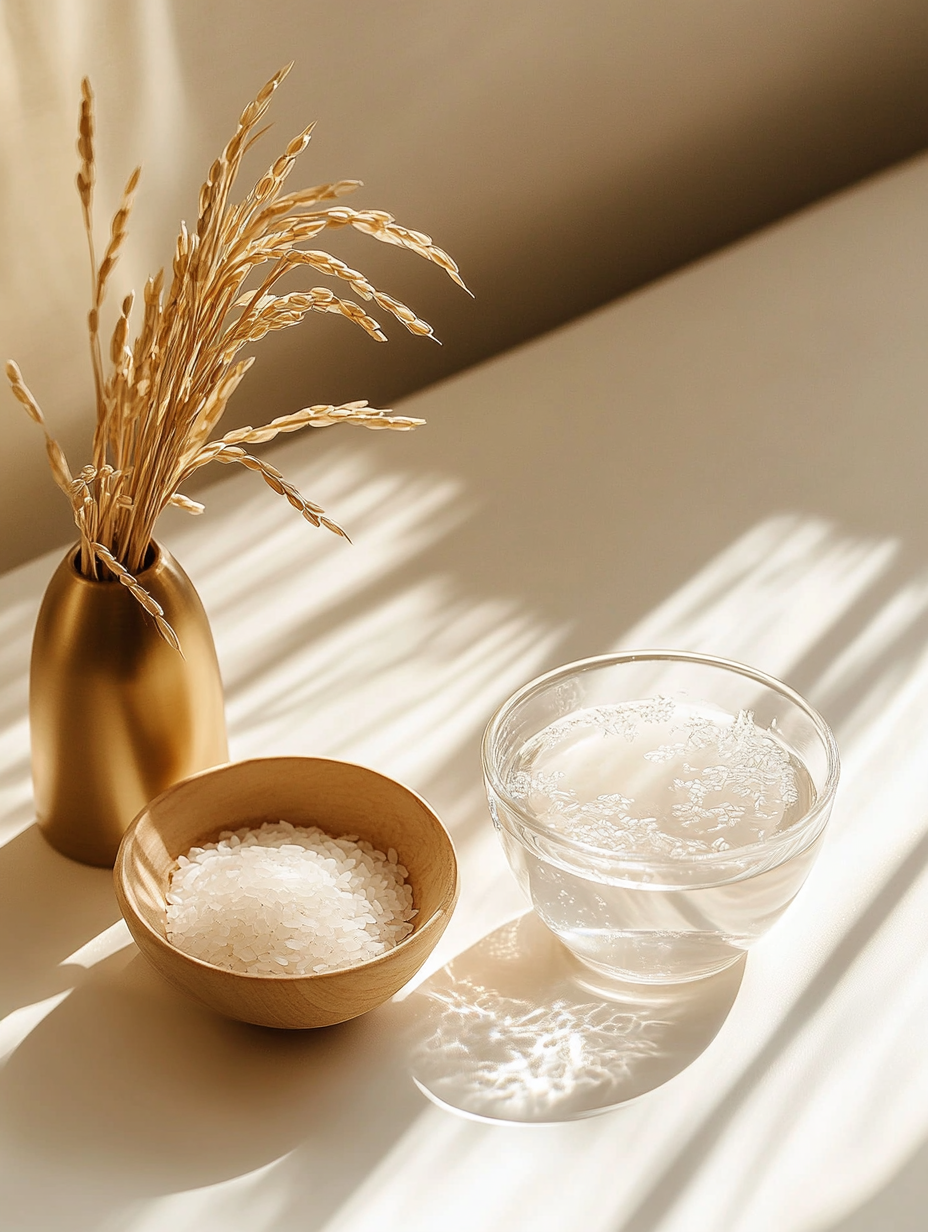Heat and Humidity: Summer Skincare Tips to Prevent Acne

As temperatures rise and humidity levels soar during the summer, many people find themselves battling an increase in acne breakouts and pimples. The heat and moisture create a perfect storm for skin issues, making it crucial to adapt your skincare routine to keep your complexion clear and healthy. In this comprehensive guide, we'll cover practical and effective tips to prevent and manage acne during the hot and sticky months.
Understanding Summer Acne
Before diving into tips, it's essential to understand why acne tends to worsen in the summer:
- Increased Sweat: Sweating is your body's natural cooling mechanism, but it can mix with bacteria and oils on your skin, clogging pores and leading to breakouts.
- Production of Sebum: Heat stimulates sebaceous glands to produce more oil, which can mix with dead skin cells to form plugs in hair follicles, causing acne.
- Humidity: High humidity levels create an ideal environment for bacteria growth, which can exacerbate skin problems.
Adapting Your Skincare Routine
1. Cleanse Regularly and Gently
During the summer months, cleansing becomes even more critical to remove sweat, oil, and impurities:
- Use a Lightweight Cleanser: Opt for a mild, sulfate-free cleanser that won’t strip your skin of its natural oils.
- Cleansing Frequency: Cleanse your face twice a day—morning and night—to keep it free from sweat and grime. If you perspire heavily, consider an additional cleansing after intense activities.
2. Exfoliate Wisely
Exfoliation helps in removing dead skin cells that can clog pores, but it’s crucial to strike a balance:
- Choose the Right Product: Use a gentle exfoliator that suits your skin type, preferably with ingredients like salicylic acid, which can penetrate oily skin and clear out pores.
- Limit Exfoliation: Exfoliate 1-2 times a week to avoid over-exfoliating, which can lead to irritation and increased oil production.
3. Hydrate, Don’t Over-Moisturize
While hydration is essential, over-moisturizing can clog pores and worsen acne:
- Lightweight Moisturizers: Choose oil-free, non-comedogenic moisturizers that provide hydration without adding extra grease.
- Hydrating Serums: Incorporate serums with hyaluronic acid to hydrate your skin without clogging pores.
4. Sun Protection is Key
Protecting your skin from UV rays is vital, but you must choose the right sunscreen:
- Non-Comedogenic Sunscreens: Look for sunscreens labeled as non-comedogenic, which won’t clog your pores.
- Sun Protection Factors: Make sure to use a broad-spectrum sunscreen with at least SPF 30.
- Reapplication: Reapply sunscreen every two hours, especially if you are sweating or swimming.
Additional Tips to Prevent Summer Acne
Watch Your Diet
Your diet plays a significant role in your skin’s health:
- Hydrate from Within: Drink plenty of water to keep your skin hydrated and flush out toxins.
- Avoid Sugary and Fattening Foods: Limit sugary and high-fat foods that can trigger acne. Opt for a diet rich in fruits, vegetables, lean proteins, and healthy fats.

Avoid Touching Your Face
Your hands can transfer bacteria and oil to your face, leading to breakouts:
- Hands Off: Make a conscious effort not to touch your face throughout the day.
- Clean Hands: Wash your hands frequently to minimize the transfer of bacteria and oils to your skin.
Use Makeup Sparingly
Heavy makeup can clog pores, especially in hot and humid conditions:
- Light Application: Use minimal makeup, opting for lightweight, non-comedogenic products.
- Clean Tools: Regularly clean your makeup brushes and sponges to prevent the build-up of bacteria.
Maintain Cleanliness
Your surroundings and belongings can also affect your skin:
- Clean Pillowcases: Change your pillowcases frequently to avoid the accumulation of oils and bacteria.
- Sanitize Your Phone: Regularly clean your phone to prevent it from transferring bacteria to your face.
Natural Remedies to Combat Acne
Sometimes, natural remedies can be an effective complement to your skincare products:
- Tea Tree Oil: Known for its anti-inflammatory and antimicrobial properties, tea tree oil can help reduce redness and swelling of pimples. Dilute it with a carrier oil before applying it to your skin.
- Aloe Vera: Aloe vera has soothing and anti-inflammatory properties that can help reduce acne flare-ups. Apply a thin layer of pure aloe vera gel to affected areas.
- Green Tea: Green tea's antioxidants can help reduce inflammation and fight bacteria. You can apply cooled green tea bags to your skin or use green tea-based skincare products.
When to Seek Professional Help
If your acne persists despite following these tips, it may be time to consult a dermatologist:
- Persistent Breakouts: If over-the-counter solutions and home remedies do not improve your acne, a dermatologist can offer prescription treatments tailored to your needs.
- Severe Acne: For severe acne that includes cysts or nodules, professional help is crucial to prevent scarring and long-term skin damage.
Conclusion
Managing acne during the summer requires a combination of the right skincare routine, healthy lifestyle choices, and a few natural remedies. By understanding how heat and humidity affect your skin and taking proactive steps, you can maintain a clear complexion even in the hottest months. Remember, consistency is key, and small changes can make a significant difference in achieving and maintaining healthy skin.
For personalized advice and treatments, do not hesitate to check the skincare recommendation below. Here's to a radiant and acne-free summer!



Comments ()